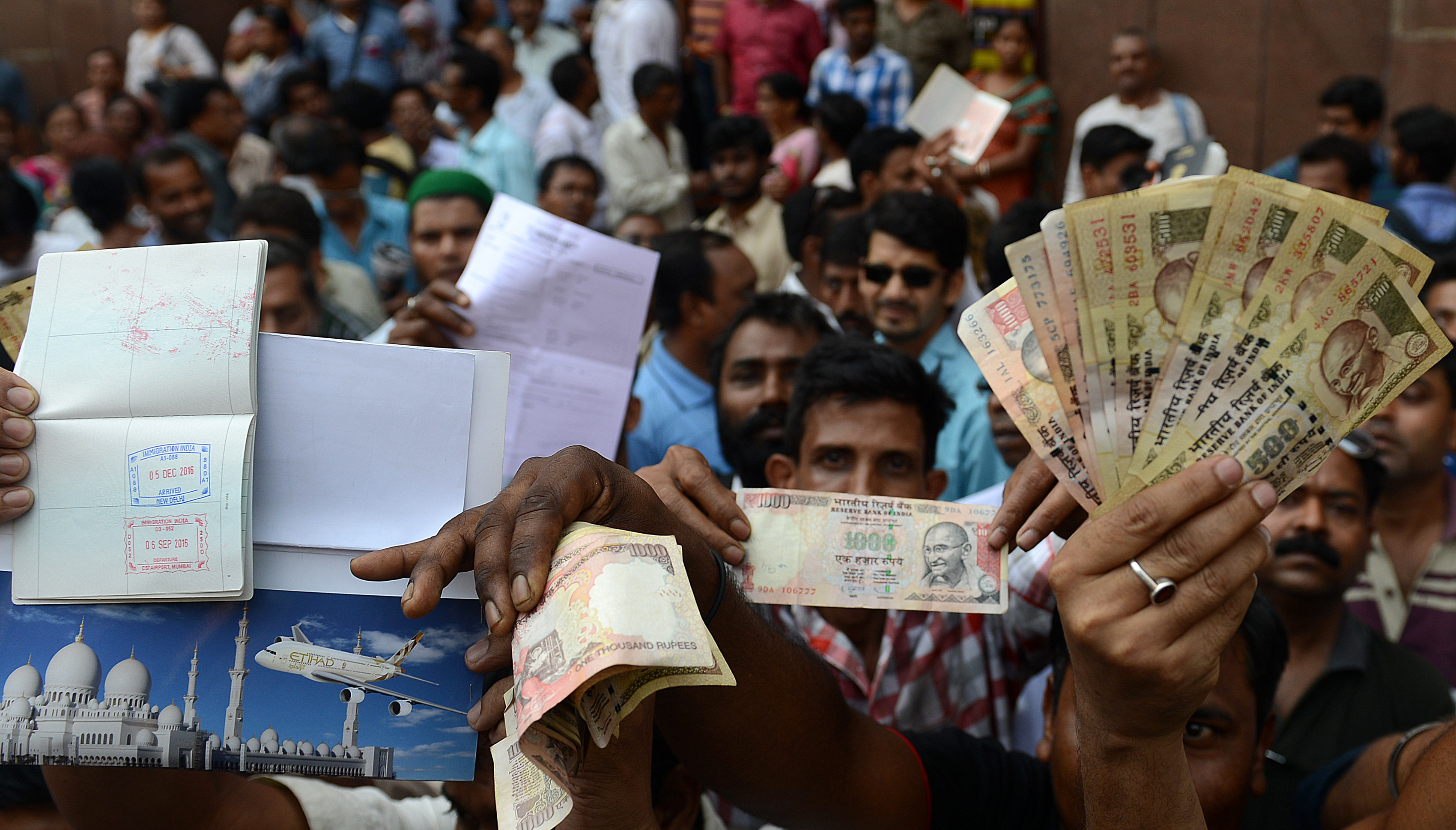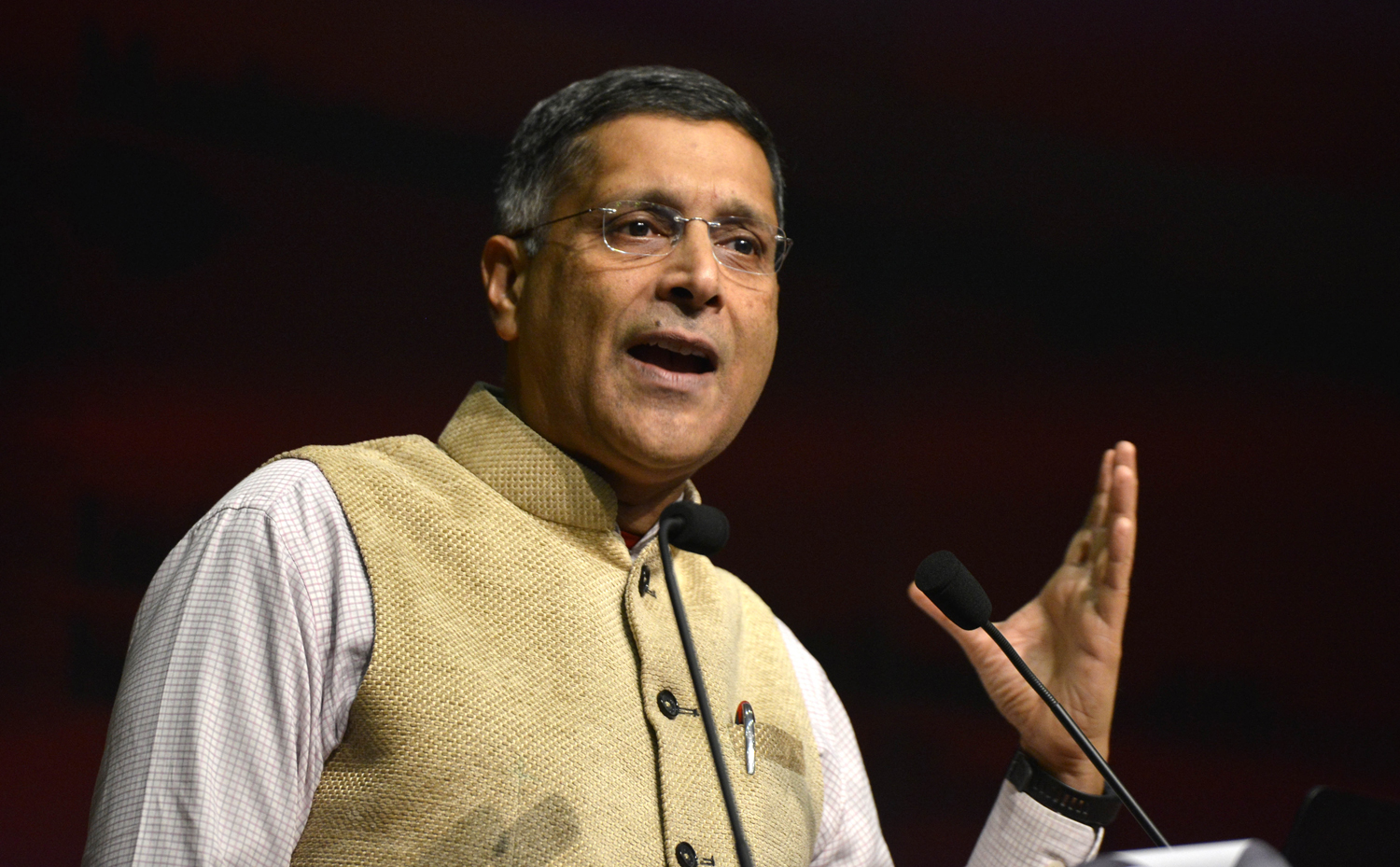The Reserve Bank of India had warned the government about demonetisation hours before Prime Minister Narendra Modi announced the move on November 8, 2016, Congress leader Jairan Ramesh said at a press conference on Monday. The RBI had publicly expressed support for the move.
Ramesh cited a Right to Information (RTI) document that contained the minutes of a meeting held by the RBI’s central board of directors.
At 8.15 pm on November 8, 2016, Modi had appeared on television to address the nation, when he announced a countrywide demonetisation order, which reduced Rs 500 and Rs 1000 notes to “worthless pieces of paper”.
On the same day, the RBI’s central board of directors met in New Delhi at 5.30 pm, the Congress leader added as he held the seven-page document up for the press. The 561st meeting was attended by former governor Urjit Patel and Shaktikanta Das, the current RBI governor, he said.
In his television address, Modi had said: “Honest citizens want this fight against corruption, black money, benami property, terrorism and counterfeiting to continue. Which honest citizen would not be pained by reports of crores worth of currency notes stashed under the beds of government officers? Or by reports of cash found in gunny bags?”
He mentioned two points in the minutes of the RBI meeting that counter the claims made in the Prime Minister’s speech.
• Most of the black money is held not in cash but in the form of real-sector assets such as gold or real-estate, and demonetisation would not have a material impact on those assets.
• While any incidence of counterfeiting is a concern, Rs 400 crore as a percentage of the total quantum of currency in circulation in the country is not very significant.
Describing the demonetisation order as “a Tughlaqi farman” that “destroyed India’s economy”, Ramesh listed some other observations made by the RBI board of directors at the meeting:
• It is a commendable measure but will have a short-term negative effect on the GDP for the current year.
• Exemption provided to government medical stores can be extended to private medical stores as well. (The Prime Minister’s speech had mentioned that only pharmacies in government hospitals would be allowed to accept Rs 500 and Rs 1000 notes to buy medicines).
• Long-distance travelers who may be only carrying high-denomination notes will be taken by surprise at railway stations/airports. It would also have an adverse effect on tourists. (According to Modi’s television address, international travelers could exchange old currency up to a limit of Rs 5,000).
• The growth rate of economy mentioned is the real rate while the growth in currency in circulation is nominal. Adjusted for inflation, the difference may not be so stark. Hence, this argument does not adequately support the recommendation.
Ramesh alleged that the Prime Minister had changed his demonetisation rhetoric — from talking about black money and counterfeit notes, he began focusing on making India a cashless or a less-cash economy.
“He [Modi] said the high currency circulation is dangerous and we should reduce it. The RBI [at the meeting] says this is not a reason for demonetisation. It clarifies that the reasons mentioned by the PM for demonetisation — black money, currency, counterfeit notes — all of this was rejected by the RBI’s central board of directors,” Ramesh said.
“This is not a statement by the Congress,” said Ramesh. “This is a meeting where the former and current governor was present.”
The RTI response came about 26 months after the meeting, Ramesh said. “When people realised that the Modi government is sitting in the departure’s lounge, the RTI was approved.”
The RTI document was published in response to an application filed by Venkatesh Nayak of the Commonwealth Human Rights Initiative.













